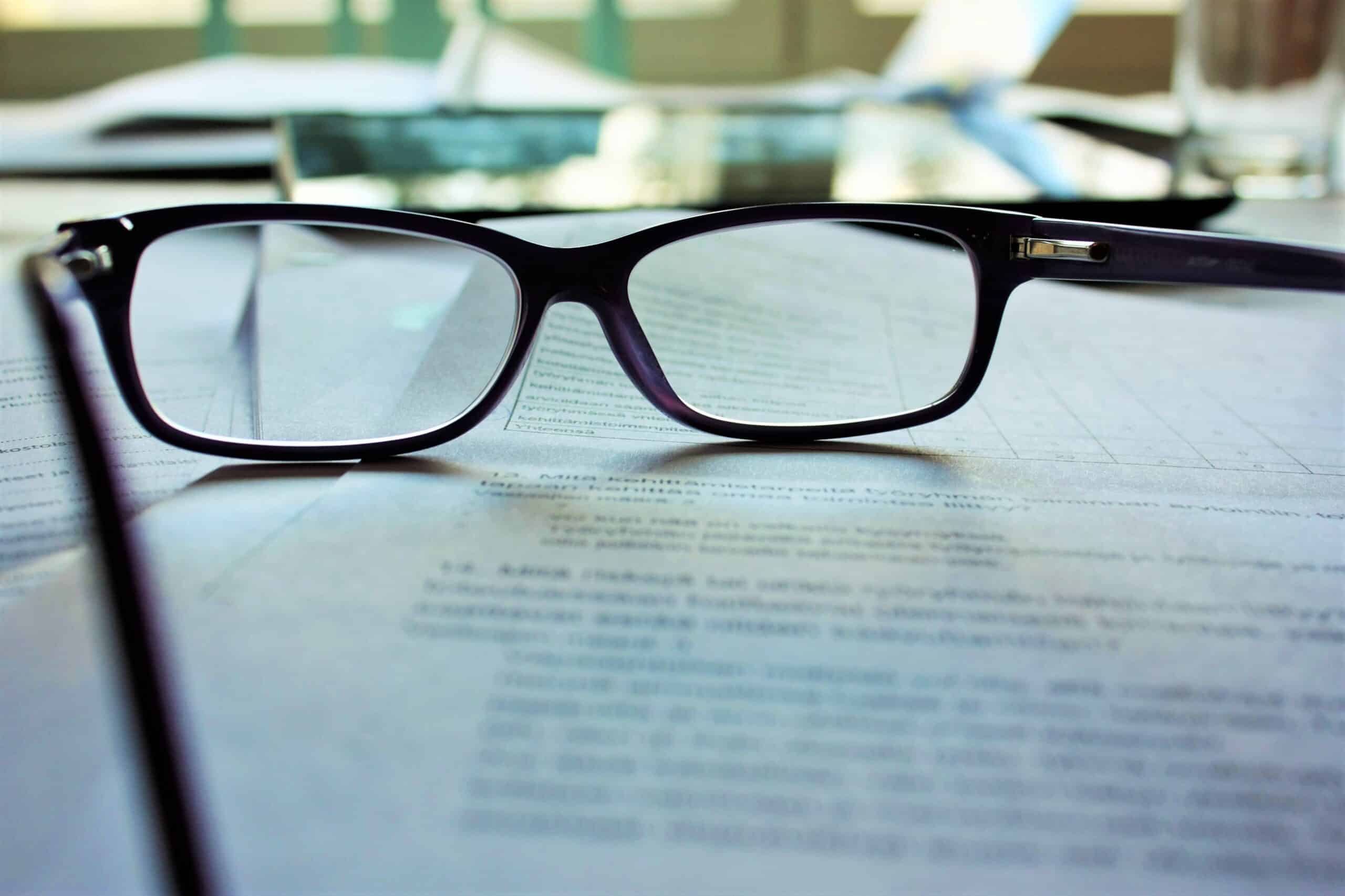The U.S. Department of Justice (DOJ) filed a motion to exclude the testimony of all Sam Bankman-Fried’s expert witnesses.
In a court filing late on Monday, the DOJ stated that the proposed experts and their accompanying disclosures suffered from “an array of deficiencies that warrant preclusion of all seven witnesses.”
The seven witnesses include a lawyer, a business school professor, a law professor and the heads of four different consulting firms.
“Among other things, the proposed experts would offer legal conclusions that invade the purview of the Court and the jury, or serve no other purpose than to provide an expert patina to inadmissible hearsay testimony about the defendant’s supposed lack of criminal knowledge or intent,” read the filing.
“The Court should exercise its gatekeeping authority and preclude such impermissible expert testimony.”
The prosecutors laid out arguments for why each of the proposed expert’s testimony would be unreliable. For instance, British lawyer Lawrence Akka, would testify about an interpretation of FTX’s terms of service and opine that they “did not contain a declaration of trust over any fiat currency, but gave rise only to a contractual creditor-debtor relationship,” meaning FTX was not constrained to use fiat currency for purposes other than withdrawals in the interim period.
According to the DOJ, his testimony improperly usurps the court’s role in instructing the law and the jury’s role in applying the law to facts.
Meanwhile, the prosecutors argued that Maxwell Consulting Principal Joseph Pimbley’s testimony about FTX’s code and database should be rejected on the grounds that, amongst other things, it is “unnecessary” given the testimony of Gary Wang and Nishad Singh. Not only did Wang and Singh write most of the exchange’s code, but they were also part of Bankman-Fried’s inner circle, and will offer their own testimony about the exchange’s underlying codebase.
The DOJ requested that a Daubert hearing be conducted if the court decides not to preclude the witnesses’ testimony. A Daubert hearing permits both sides of a court case to examine the challenged expert in open court in order to evaluate his or her testimony’s admissibility.



